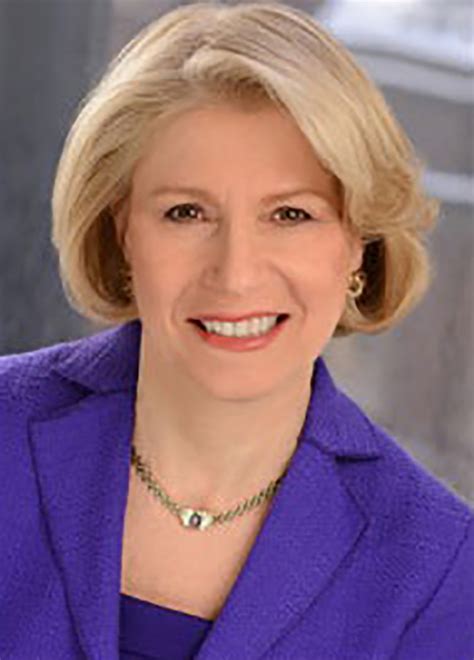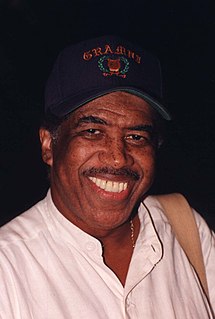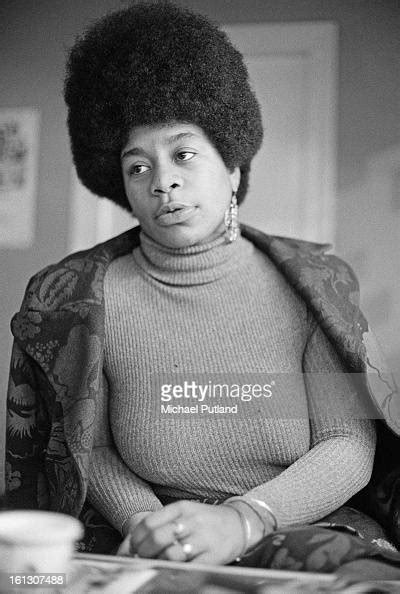A Quote by Quentin Tarantino
One of the things when you write, well the way I write, is that you are writing your scenario and there are different roads that become available that the characters could go down. Screenwriters will have a habit of putting road blocks up against some of those roads because basically they can't afford to have their characters go down there because they think they are writing a movie or trying to sell a script or something like that. I have never put that kind of imposition on my characters. Wherever they go I follow.
Quote Topics
Afford
Against
Available
Basically
Because
Become
Blocks
Characters
Could
Different
Different Roads
Down
Follow
Go
Habit
Imposition
Kind
Like
Movie
Never
One Of The Things
Put
Putting
Road
Roads
Scenario
Screenwriters
Script
Sell
Some
Something
Things
Think
Those
Trying
Up
Way
Well
Wherever
Will
Write
Writing
Your
Related Quotes
When you start writing, you have your characters on a metaphorical paved road, and as they go down it, all these other roads become available that they can go down. And a lot of writers have roadblocks in front of those roads: they won’t allow their characters to go down those roads... I’ve never put any roadblocks on any of these paths. My characters can go wherever they would naturally go, and I’ll follow them.
Go where the pleasure is in your writing. Go where the pain is. Write the book you would like to read. Write the book you have been trying to find but have not found. But write. And remember, there are no rules for our profession. Ignore rules. Ignore what I say here if it doesn't help you. Do it your own way. Every writer knows fear and discouragement. Just write.The world is crying for new writing. It is crying for fresh and original voices and new characters and new stories. If you won't write the classics of tomorrow, well, we will not have any.
During those times like in my early years as a writer I could actually write a song in ten minutes because all of a sudden a song is writing itself, I'm just putting down words. It just seem each line that you put down flows with the other ones. It's like writing a love letter you don't think about it, it's something from the heart.
I have a notebook that I take with me everywhere. I free-write in it when there are situations that I know I can write a song about. I will just start writing everything that I can think of while trying to write some things that are kind of poetic or sound like they could be in a song. Then, after the music is written, I go back and look at my subjects to see which one I think woud go with what music. Then, I formulate it into a melody and get the song.
For the most part, my characters don't talk to me. I like to lord over them like some kind of benevolent deity. And, for the most part, my characters go along with it. I write intense character sketches and long, play-like conversations between me and them, but they stay out of the book writing itself.
Writing is something that you don't know how to do. You sit down and it's something that happens, or it may not happen. So, how can you teach anybody how to write? It's beyond me, because you yourself don't even know if you're going to be able to. I'm always worried, well, you know, every time I go upstairs with my wine bottle. Sometimes I'll sit at that typewriter for fifteen minutes, you know. I don't go up there to write. The typewriter's up there. If it doesn't start moving, I say, well this could be the night that I hit the dust.
You have to fight against all the things that will keep you out of writing, because life doesn't go with writing. You will always have something more important to do: you will have to take your children to school, you will have to cook something, you have to meet friends. But you have to fight if you want to write.
So the fact that there's someone who's planning what happens to the characters, writing it down, means that the characters always have a fate. And when we think about fate, we tend think of it as the thing we would have if we were literary characters, that is, if there were somebody out there, writing us.
The secret to writing is writing. Lots of people I know talk about writing. They will tell me about the book they are going to write, or are thinking about writing, or may write some day in the future. And I know they will never do it. If someone is serious about writing, then they will sit down every day and put some words down on paper.




































